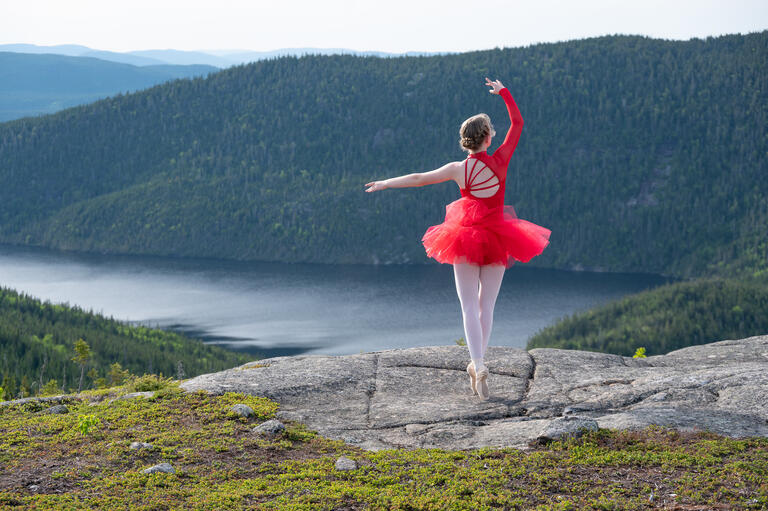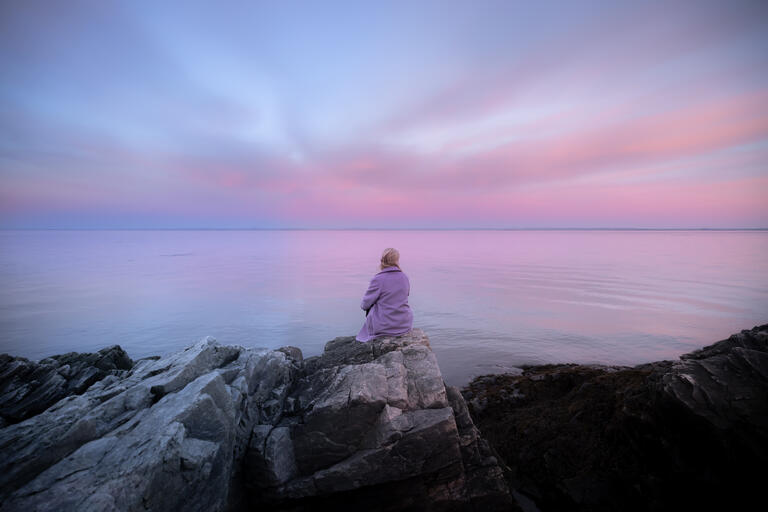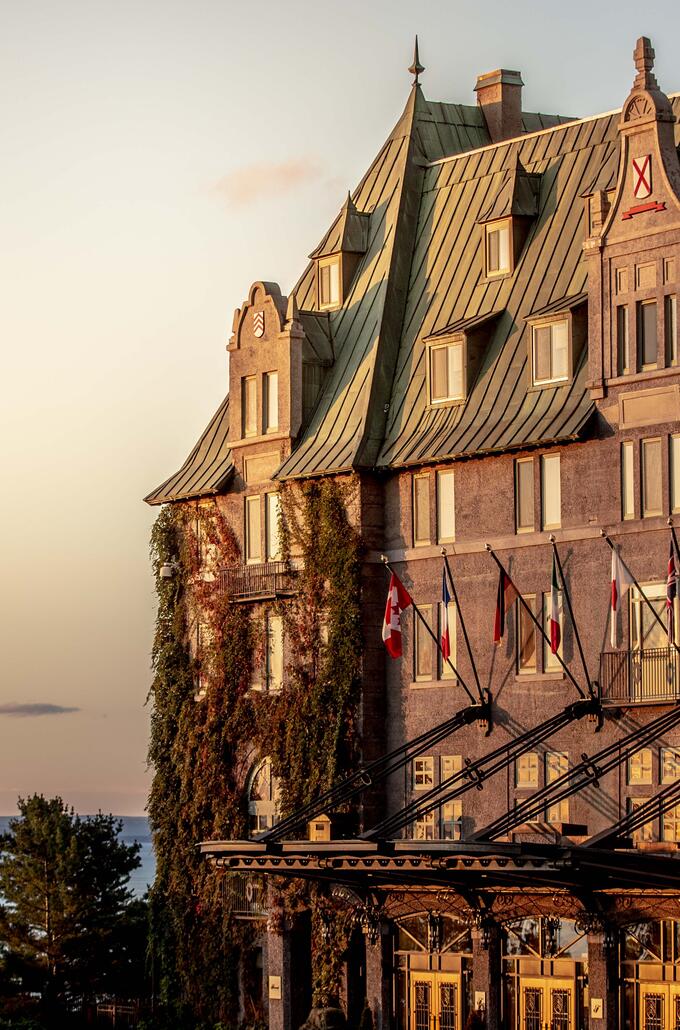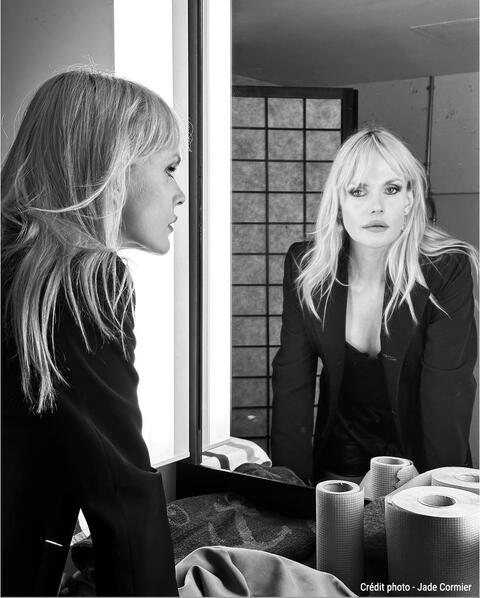
Gabrielle Boulianne-Tremblay - Dandelion Daughter
It’s paradoxical, she notes, that the great outdoors of Charlevoix weren’t enough to make her feel free… That, in this vast territory of mountains, forests, and a river as wide as the sea just outside her door, she could not find a place for herself, her own space. That the feeling of discomfort was enough that all the air in the world wasn’t enough to relieve the sense of suffocating, in the eyes and overheard whispers of others… Escape was imminent, not so as get lost, but, in fact, to get found in a city so big that there are places one can feel free, have a chosen family, a safe haven… Space to just exist, space enough to know she was entitled to it, enough to find the courage to call herself, loudly, clearly, and finally: Gabrielle Boulianne-Tremblay, Gabbie, a trans woman.
Feeling
Feeling like there is a girl inside you, when the world tells you you’re wrong.
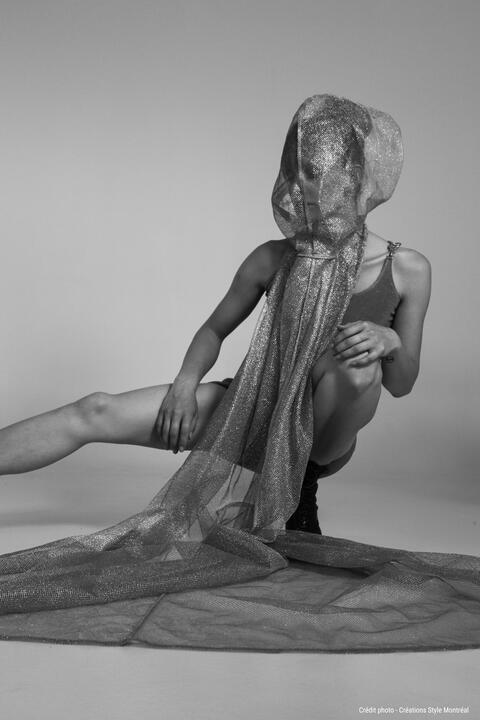
Being a different boy, such a difference being more accepted at home than at school, but still, a boy. Knowing that that is not your truth. Not even having the words to say that. Words are important to Gabrielle, yet the little girl inside a boy’s body didn’t yet have those words in her vocabulary. Without words, it’s difficult to articulate thoughts, but feelings don’t care about words, labels, boxes, or bodies.
The child wanting to be seen for what she was, went and sung songs to the trees in the nearby forest. They, in some measure, witnessed her. At 11 years old, she sets her experience down on paper, clings to her journal as one clings to a life raft. Writing on the bad days and the good, to keep a record of them, to remember… In her birthplace, Saint-Siméon, nature is vast and bountiful, and her family does its best: it is open, it is loving, but they don't quite understand what Gabbie is, inside.
She herself isn’t quite sure of her worth; she suffers, physically as well as psychologically; she isolates herself, thinks of ending things, for good… Adolescence, a time of ultimate self-discovery, is muted for the girl who listens hard, who doesn’t hear a satisfying reply in the echo of herself she gets back. She, who is just waiting to be able to fly, first in the fictions she writes, alone in her room, the place where everything’s possible, her escape from reality; then with a view to leaving for the city, a city where, maybe, she’ll find some answers about this part of herself.
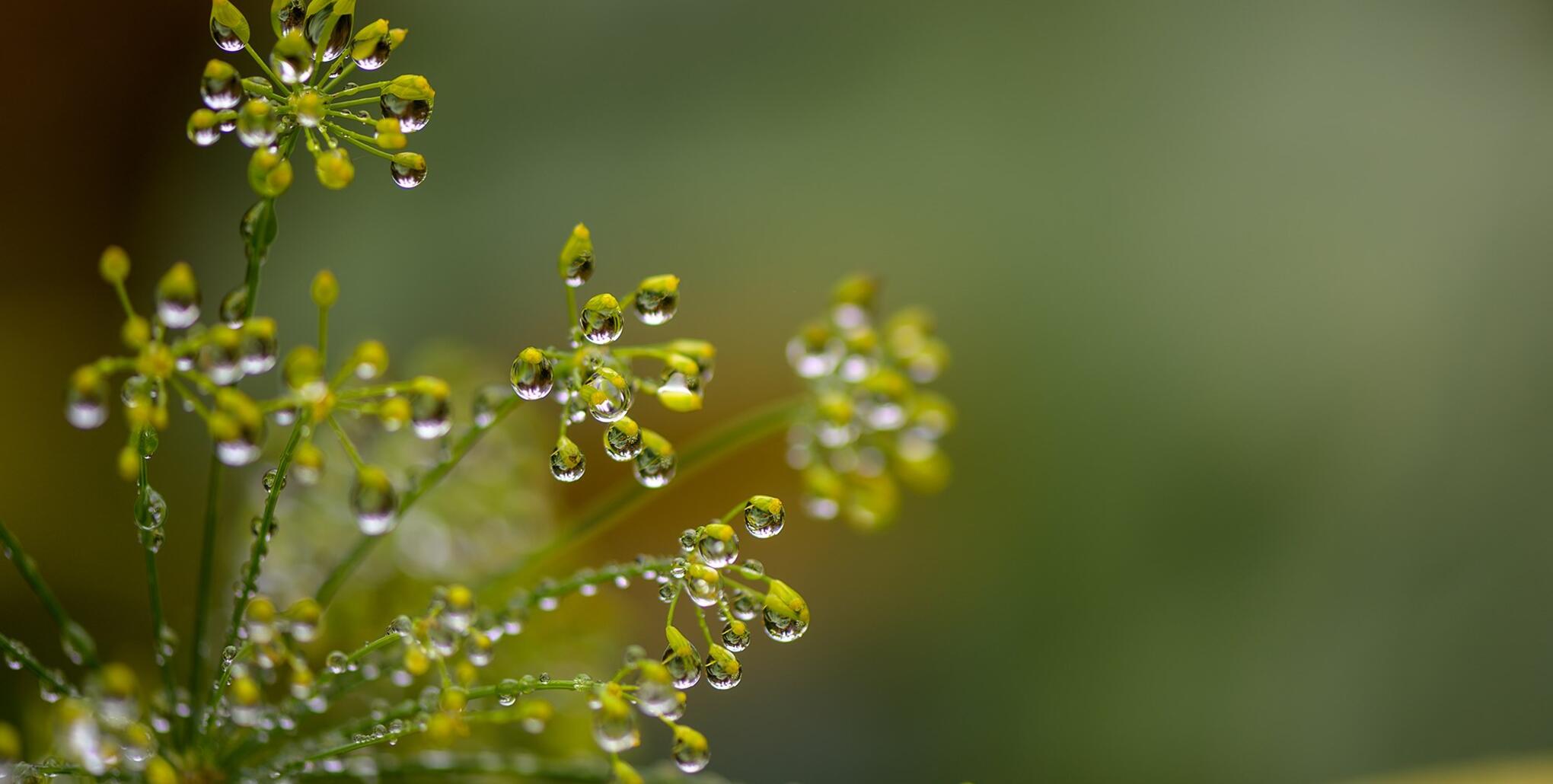
Giving birth to the self
No, she’s not a boy, nor a gay man: this is not what the cry of her heart tells her, and this woman’s voice inside her has to be heard to know that she has a right to exist, that she has worth.
Gabrielle’s life in Quebec City opens new horizons to her. The option of having a circle of people around her that she chooses herself. Then, the discovery of a whole world in the queer community, a community whose open-mindedness dismantles thought patterns previously imposed upon the young woman who, little by little, shows herself and knocks down walls. Now, there’s nothing but flimsy paper to hold her words, the words of her inner self, to protect Gabbie — who makes poetry nights the stage she’s always dreamed of. On that stage, her experience is validated by others, who hear her words. Finally, she feels seen. Finally, she feels a wellbeing that is all too rare. She who, burdened with the traumas of adolescence, succumbs to anxiety, the fear of meeting new people, and of the unknown. But the stage can’t be her only place in society, and the woman that she is can no longer save her makeup just for nights. She aspires to a very simple dignity: the right to fully exist, all the time, and completely.
She finally gives herself the opportunity to be fully recognized, by meeting with a specialist in gender identity. Her unease now has a name: she suffers from gender dysphoria. The feeling of being born in the wrong body. That feeling of always having been a girl, but hiding behind the wrong role. It’s freeing, to be completely and officially validated. An enormous weight falls away, frees up a body accustomed to sharing mental anguish. The physical and psychological suffering Gabrielle experiences, becomes lighter. She goes to counselling with a sexologist, to walk an introspective path, and liberate herself from her past. Even today, keeping a journal lets her continue this personal, inner work. And as the mind becomes more free, the body becomes more feminine. At last, Gabrielle lets herself experience her gender identity in the daytime, in everyday life. She lets her hair grow, she wears what she wants, she puts on makeup, and comes to feel attuned to herself. The little girl is seen, she emerges, now visible to everyone. She utters her first cries in a world that can hear her.
A woman is born.
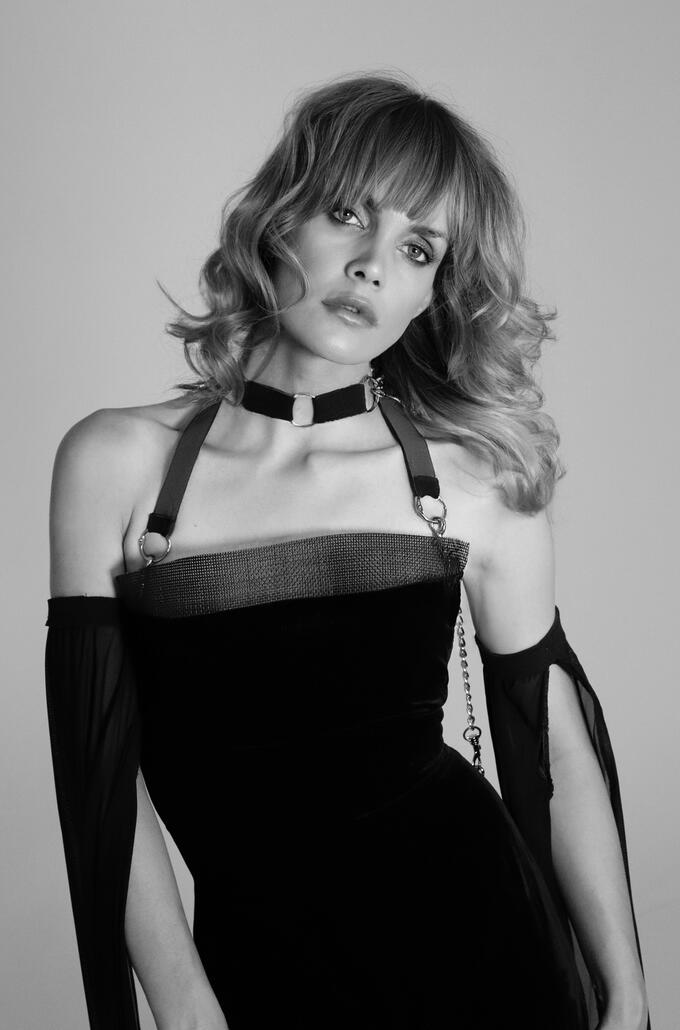
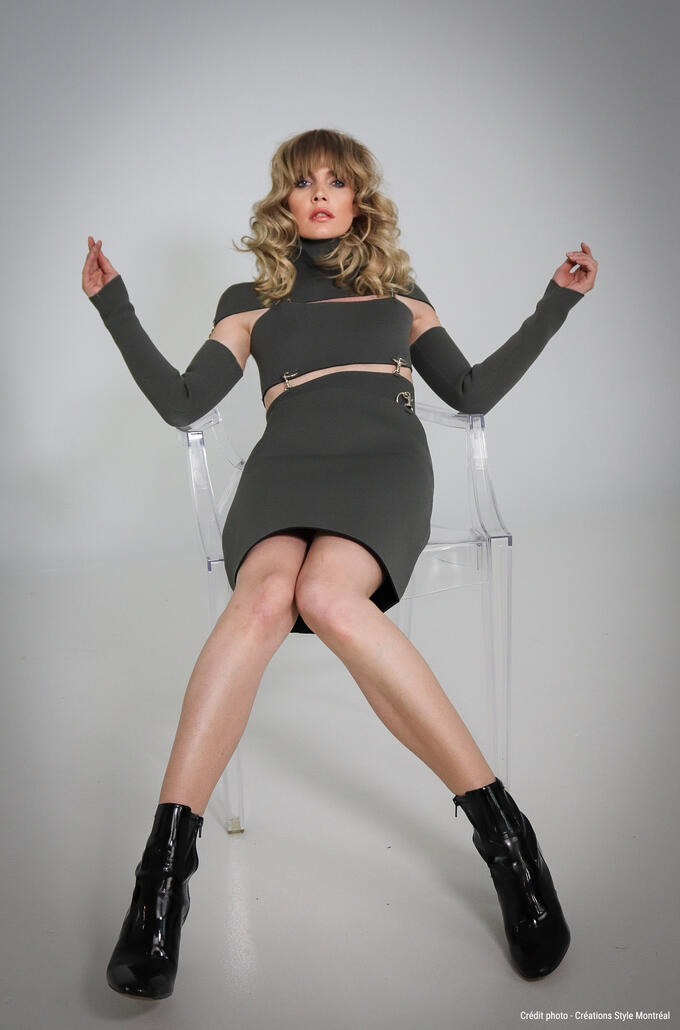

Speaking Up
This woman has things to say! She has points to make, words to say, experiences to share… She must be seen: to be, to pave the way for others. And also, just to be able to grow, for herself. Because that’s what she likes to do! Because she has a right to do it, with dignity and without compromise: to be herself.
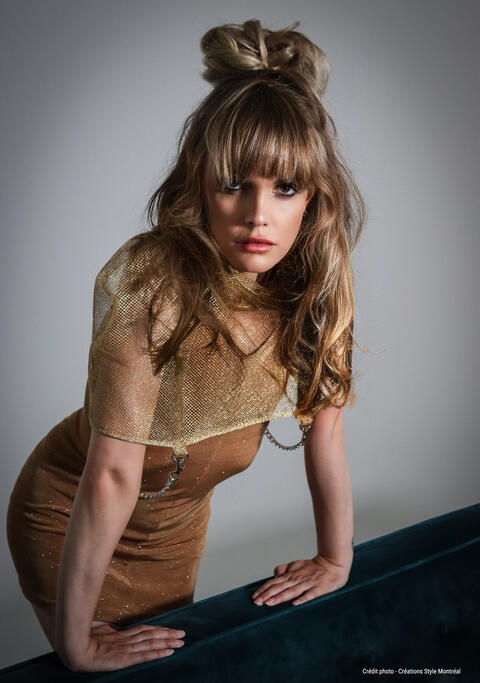
On camera
She could have been the type of person who wanted to be invisible, who didn’t aspire to the limelight. That would have been easier… But the dreams of little girls, much less their personalities, can’t be controlled. She was born to shine, this child who, in all of the games she would play, imagined herself in the public eye, in front of the camera… She had this need to get up on stage, even when the mirror and the pronoun didn’t reflect the inner Gabbie. While still a student here in Charlevoix, she took risks in the theatre, despite the dysphoria that devastated her. There, on stage, the audience’s energy was more rewarding than the weight of the looks directed at her… She found an exhilaration in acting. But, on that stage, she was playing a man.
Years later, a film readies itself to become myth, a myth bursting with passionate ideals, an elastic, amazing myth, the name of which could not be placed in any box: Those Who Make Revolution Halfway Only Dig Their Own Graves. Here was a role for Gabrielle. The role of a trans woman. A raw role. A powerful role. A role which made her the first trans woman to be nominated at the Canadian Screen Awards (for Best Supporting Actress). A role that offered her everything she had ever hoped for: to be seen, to be naked, and to have a place. A part of her own to play, as proof that a trans person also has value in society.
A meaningful part she would champion with dignity during a memorable interview on the set of the Tout le monde en parle talk show. She now assumes her responsibilities as a trans, and public, personality: that of being a model for others who are also choosing the path of trans identity, as well as that of educating those who, not having any experience with it, will come face-to-face with it sooner or later. Shaking things up simply with her presence and her words. That’s what takes courage, an inner strength, gained the hard way.
Gabbie draws on this courage when she poses for the camera. She is a woman. What’s more, she is a beautiful woman. She loves the camera, and the camera loves her. She takes satisfaction from photo shoots where her beauty, her presence and her body clash with old ideas, narrow-mindedness. Her approach has gone so far as to put one of her shots, an irreverent, joyful photo taken by Yannick Fornaciarri, on the Vogue Italia website.
Gabrielle has won the bet she made: she taken her place on stage, and we love seeing her there. She has been invited to participate in other film shoots, projects that will soon be released, and that’s a great thing:
On a film set, I’m 8 years old and playing in a sandbox; I’m thriving.
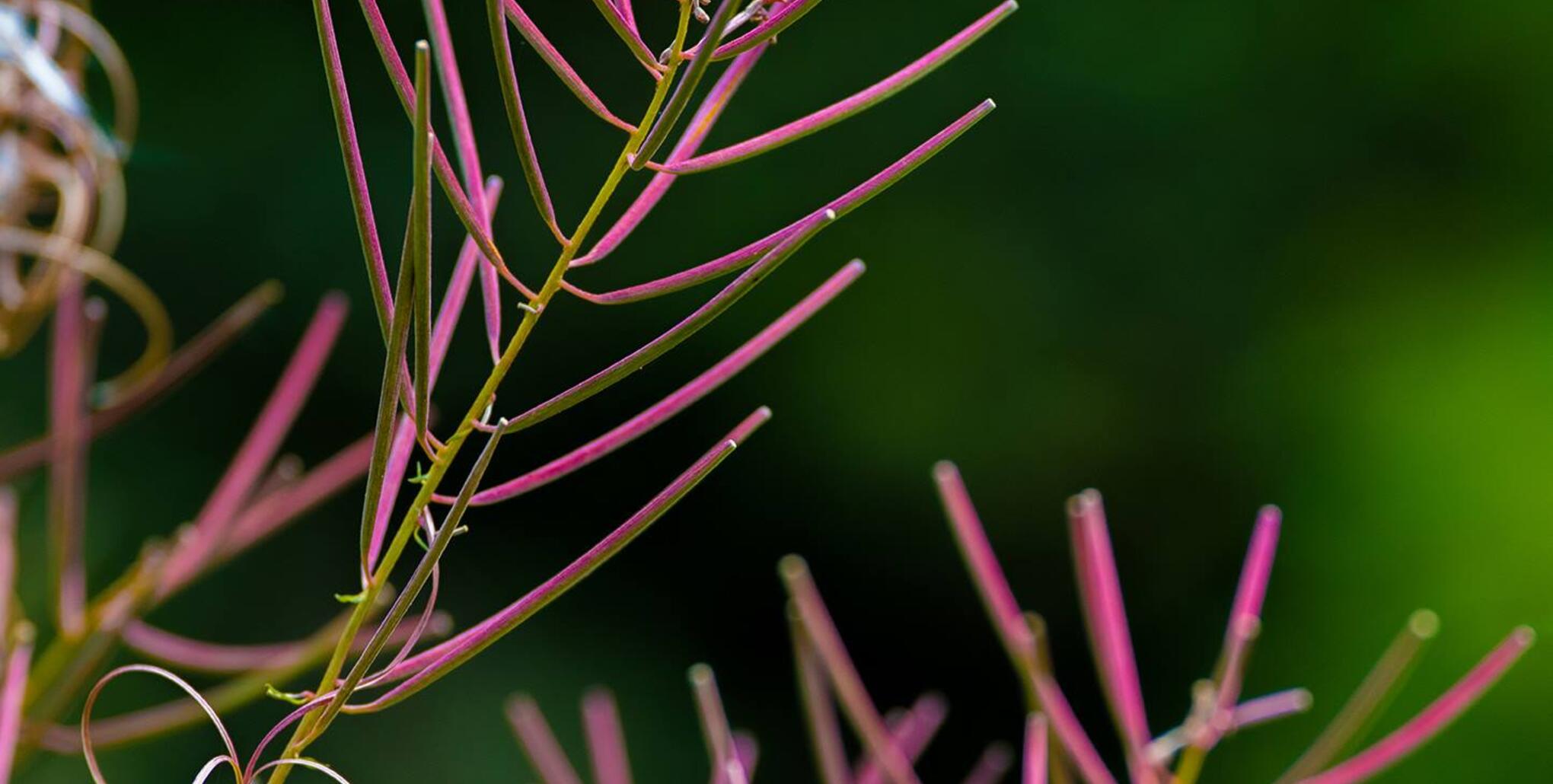
Through literature
Poetry as sensitive expression of the personal.
Journal as therapy.
Fiction as a space for freedom, open to things greater than oneself.
Autobiographical fiction as natural meeting of different literary languages.
Following Les secrets de l’origami (2018, Del Busso Éditeur), her poetry collection, Gabrielle is once again an author, with the publication of La fille d’elle-même [Dandelion Daughter] in 2021, with publisher Éditions Marchand De Feuilles. Started when she was 15 years old, this story is, first and foremost, fiction. It changes many times over the course of the process, becoming autobiographical fiction that combines excerpts of her private journals, lived experiences, and fictional adventures. Feeling like she has helped make a wider audience aware of her own cause, Gabrielle has sold more than 10,000 copies of her story about trans identity, to date. Finalist for the Prix des libraires du Québec, Dandelion Daughter is so successful that a sequel, though not originally planned, is urged, by popular demand. It will also be adapted as a TV series; it’s been approved, the process has begun, and Gabrielle works as a script consultant, while keeping her options open for an appearance onscreen.
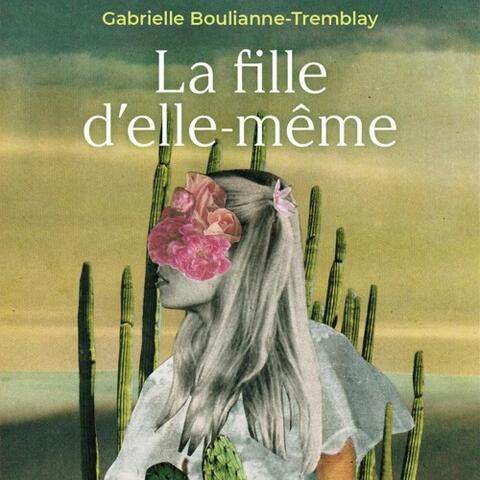
Dandelion Daughter
Book-jacket blurb
Dans un village à la lisière d’une forêt de conifères, une petite fille se sent différente ; tout le monde croit qu’elle est un garçon. Souliers toujours trop petits, coupe champignon, elle se fait traiter de fille manquée, fume des cigarettes pour ne plus grandir et traîne pendant toute son adolescence un garçon mort dans son portefeuille, jusqu’à ce qu’elle se donne naissance en quittant la terre à l’origine de sa tristesse.
Épopée identitaire, quête tant amoureuse que sociale, La fille d’elle-même s’insère dans la littérature de la transidentité, une lignée qui va des Métamorphoses d’Ovide à Orlando de Virginia Woolf, mais offre ici le paysage québécois avec son fleuve salé qui avale le mal et la douleur des filles rêvant de mettre le feu.
"La voix de la nature"
A new novel authored by Gabrielle Boulianne-Tremblay, set amidst the green of springtime, will be available soon: La voix de la nature [Nature’s Voice]. Once again, a child. Once again, in a village at the edge of the woods. It still looks like little Gabbie, the difference being that she’s already living her trans identity. In this story, from childhood on, the character explores her female identity at home, and at school. This is a hope-filled story, where nature is a benevolent sanctuary, a place of freedom, a stage upon which to lip-sync for the trees in the forest, to imagine oneself a star, to be photographed… Where the first dreams of childhood begin.
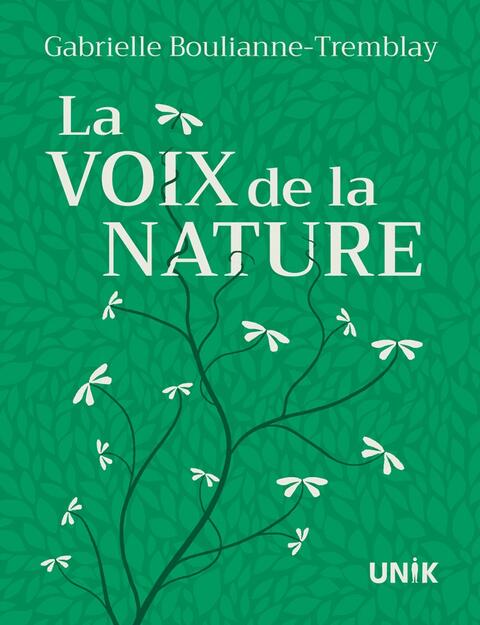
What the future holds
Writing coming-of-age stories for youth experiencing this difference, bringing trans characters to life on the big screen. Revealing her true self in front of the camera’s eye. Sharing her reality on social media, in interviews and through public appearances every day, Gabbie is driven to be seen on behalf of all those who don’t know if it’s worth it, who don’t know if there’s a place for them. From past suicidal thoughts, she now gains the strength to fight to assert her worth.
There’s still so much to do, as long as there are acts of violence, as long as there is ignorance, we have to keep going…
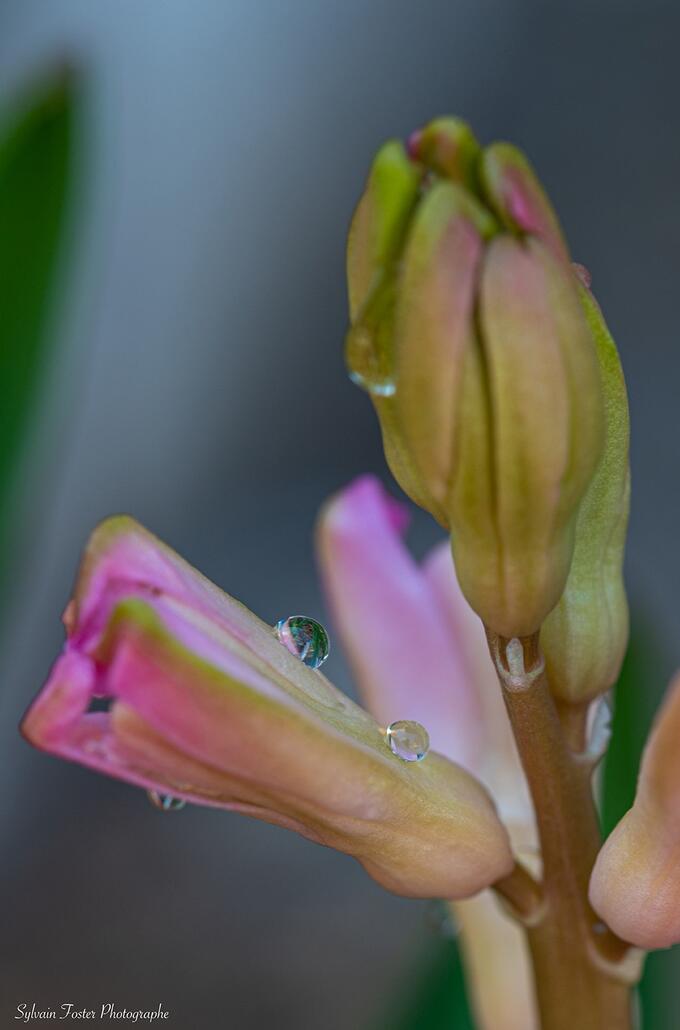
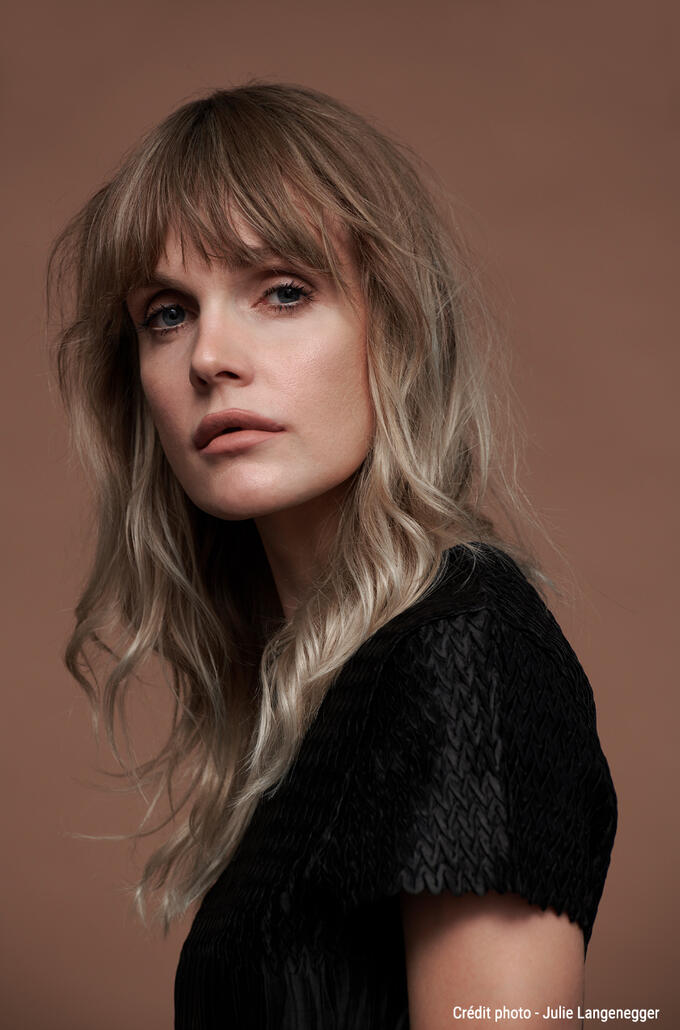

Gabrielle uses her voice with organizations like Interligne (formerly Gay Écoute), for which she is the spokesperson, and is also involved with Aide aux Trans du Québec (ATQ) to deliver a message of openness, to educate, to help give others the words to name themselves, but especially so that this reality is talked about. The talks she gives in schools reveal that youth that are more open and more attentive to issues affecting the whole LGBTQ+ community.
The woman she always was wants to be everywhere to show that she is fulfilled, that she has a life, that she is a human being.
The future is wonderful, I’m very optimistic: I’m doing what I love.
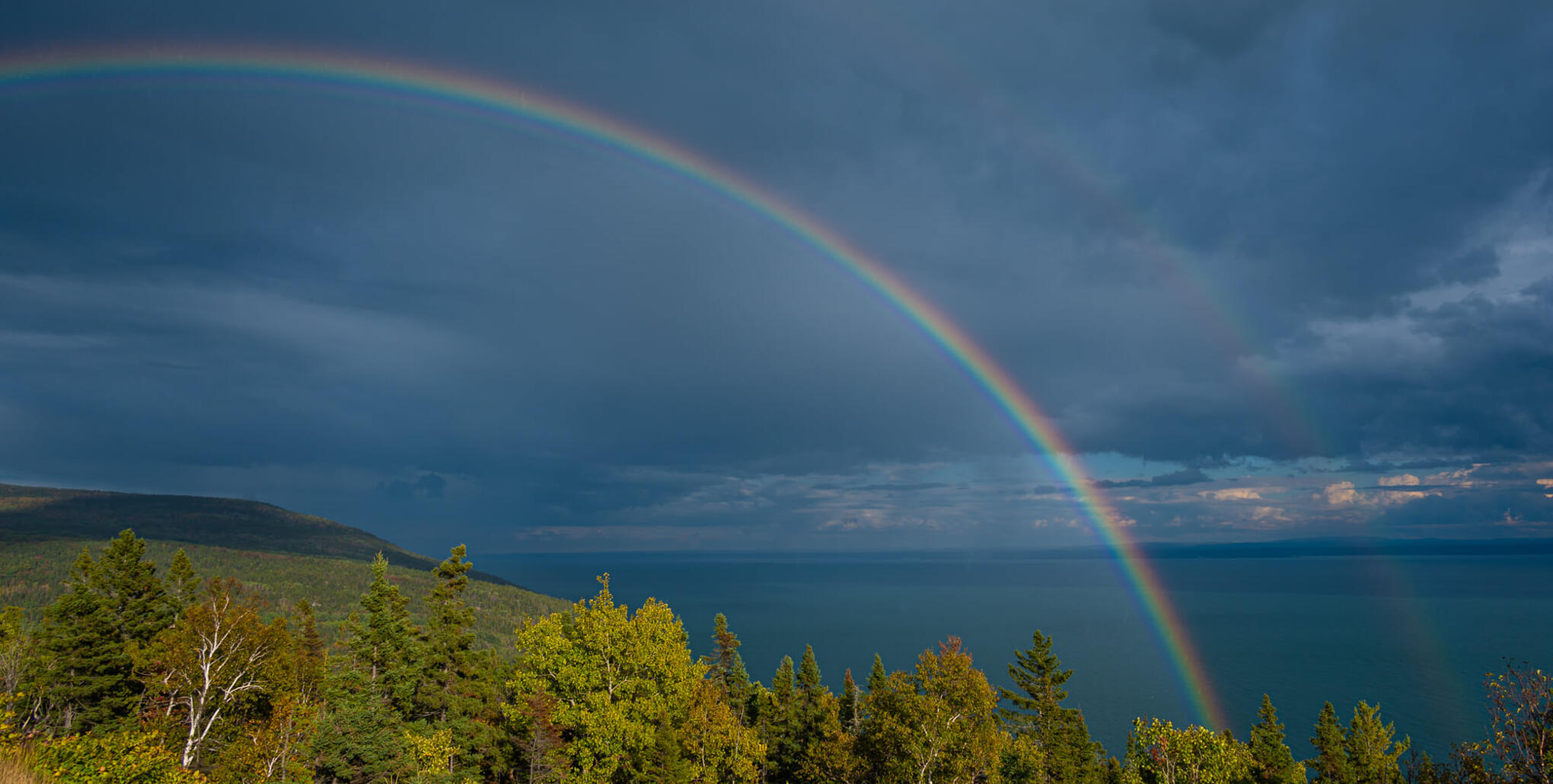
With self-realization, comes peace. Gabrielle has made peace with the childhood she experienced, and with the places of that time in her life. Charlevoix’s wide, open spaces no longer suffocate her. Just the opposite, they are the essential breath of fresh air that ease her hypersensitive soul from the city’s (and other peoples’) high energy. Here, on a visit to her village between the river and boreal forest, she recharges, grounds, and settles herself. After all, this awe-inspiring natural world was a little girl’s first theatre; that of a woman yet to be born.
If you feel you need more information, or want to find available resources, Aide aux Trans du Québec (ATQ) is here for you.



